I Was Born And Sheltered In A Muslim Household During Partition
August 1947. An atmosphere of murder and mayhem outside and a newborn being sheltered inside. Veera Sehgal shares the extraordinary story of her birth as part of our #IndependenceYears special.
I was born on August 29, 1947. The place of my birth is significant because of where I was born. In the house of Khansaab, my father’s friend. Khansaab shielded us from murderous rioters, at great cost to his and his family’s own safety and hid us in his house. Here’s my story, heard over the years as I was growing up – from my parents, sister and my brothers.
In the summer of 1947, when my mother was expecting me, my two older brothers were in Delhi, visiting our Taiji (aunt). My father was the Inspector of Post Office and the Government had asked them for options on where they wished to stay after the Partition.
“Hum yehi rahenge,” said my father, who was based in Sialkot, a city in Punjab, Pakistan, at that time.
Around that time, hatred was spilling over and there was chaos but my father and the family had lived in a Muslim colony all their lives and did not think we would have to leave. The people were friendly with ‘Kapoor Saab,’ my father.
Veera Sehgal (the smiling child on the left) with her brothers, parents, elder sister and her sister’s children.
But then, as August neared and Sialkot burned, my father was increasingly scared. The family had been very friendly with their Muslim neighbours. They never really thought the situation would get so ugly that they would have to leave. In fact, I have heard that when my father was getting ready to leave, there were Muslim neighbours who helped them pack. The same people were looking to kill him soon after. It’s hard to understand this.
It was then that Khansaab, a friend of my father’s offered to shelter the family in rooms at the back of his own house. This was done at great cost to his own family’s personal safety as even his family wouldn’t be spared if the people baying for my father’s blood came to know he was being hidden by Khansaab. In fact, he even sent his two sons, wearing burqas to disguise themselves, to go and sleep in our abandoned house to give the impression that the women were still there. I’m not quite sure why he did that as his sons would’ve been in great risk too had the rioters attacked our house.
So while the family hid inside Khansaab’s house in complete fear, there were rioters outside, planning to burn down houses and plotting murder. Khansaab even joined them in planning revenge on the postmaster, who was hiding inside his home all this time! He pretended to hate us while shielding us from death.
Finally, amidst all the chaos outside, I was born on August 29, 1947, with the help of Khansaab’s wife. A blanket borrowed from her wrapped me and I have heard that the daughter of the house would sing and rock me to sleep.
Burqas were brought by Khansaab for my mother, in case she had to step out. And all this while no one knew that not only was a family hiding in Khansaab’s house, even a baby had been born there. Such was the cooperation and humanity of the family that sheltered us.
After almost two months (if I remember correctly), Khansaab managed to help our family reach a refugee camp, from where my father managed to reach Amritsar with all of us and then Bikaner, where I grew up.
My older brothers went through their own trauma while all this transpired, unaware about the struggle and anxiety their parents were going through or that they even had a sister! They were at our Taiji’s house in Delhi and wondering if their parents had survived the riots. In fact, they had just taken their summer clothing with them for the vacation. They were just students then, teenagers, guests in someone’s house and unsure of what lay ahead.
They would go to the GPO in Delhi, rummage through piles of postcards and letters to check if there was any letter or postcard addressed to them. They had heard about the trains coming from Pakistan loaded with bodies and did not have the heart to visit the station and check for themselves. You can imagine what kind of mental trauma these two young boys would have gone through. Just when they were about to give up came the news that their parents had crossed over safely, with a baby.
My eldest sister, who was already in Delhi, went to meet my parents in Amritsar and joked that ‘Biji,’ what they called my mother, had picked up some orphan from the road. Everyone was unaware of the pregnancy and I guess with so many grown-up children, my mother would have been embarrassed to reveal it. Her last child had been born 12 years earlier!
My father named me Veeranwali, which means the one who has brothers. The family lovingly called me Koki (named after a place called Kaathkoko, where my eldest brother worked for a short duration) and I was the favourite of all.
As for Khansaab, I believe my father and he exchanged letters for some years. When he helped us cross over, he looked at me and said, “Aapko yeh farishta bacha ke le ja raha hai.”
Did the circumstance of my birth and the stories I heard ever have an impact on me? Yes, of course. There are good people and bad people on both sides of the border. What I heard about my birth made me grow up believing in ‘insaniyaat.’
— Veera Sehgal will be 72 on August 29. She has had a long, illustrious career as a biology teacher for almost 48 years at Welham Girls School and Summer Valley, Dehradun. She was interviewed by Reshmi Chakraborty
The featured image shows Veera or Koki with Shekhar the dog. All photographs are courtesy Veera Sehgal and her family.
Every August, Silver Talkies shares work done on the theme; records memories and instances of humanity, fortitude and courage during the Independence Years — stories of life in a newly independent India; crossing over during Partition and stories of finding freedom.
Comments

Shyamola
22 Aug, 2019
Like so many others Veera Sehgal story is of humanity n brotherhood n love for ones neighbours — Hindi has a beautiful word known as ‘bhaichara’
You may like to read:
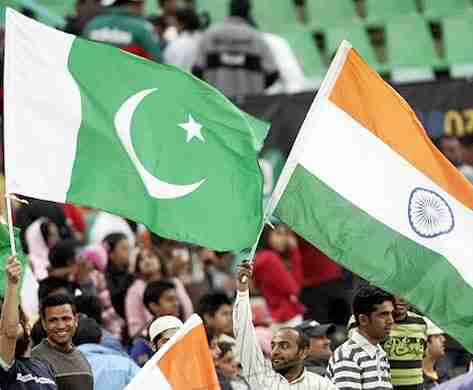
People and stories
Defying borders with Indian classical music: From Indian subcontinent to Ireland
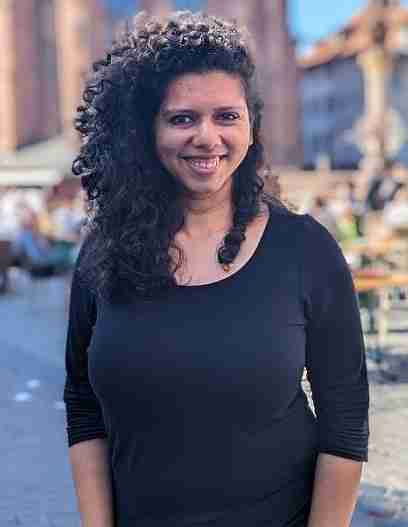
priyanka borpujari
11 mins read
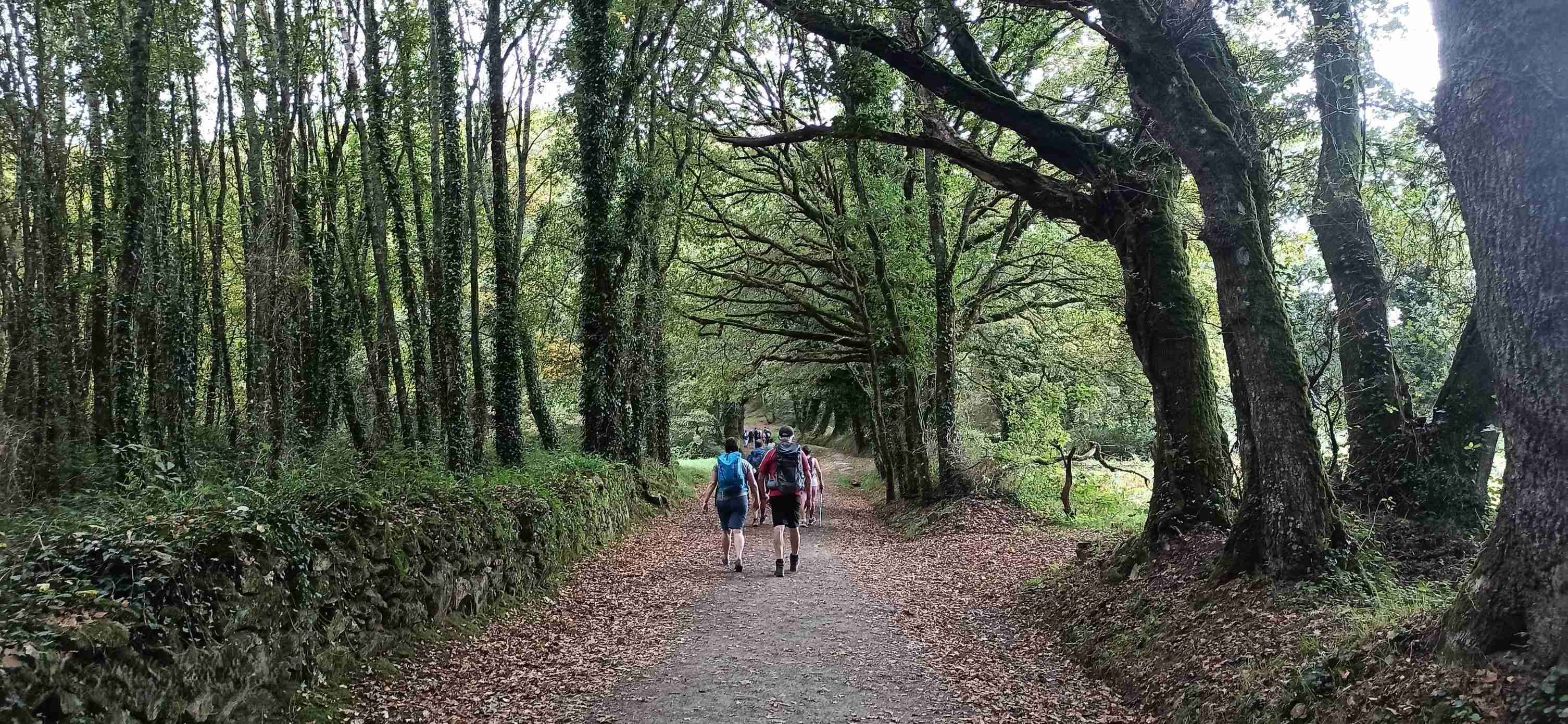
People and stories
Age is Just a Number While Walking 120 kms on Camino De Santiago
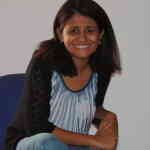
Reshmi Chakraborty
10 mins read
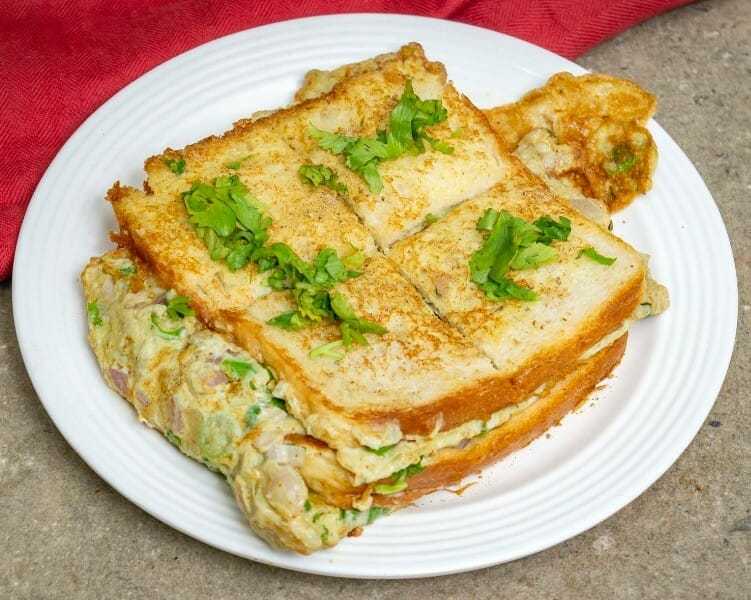
People and stories
Breakfast Serial: Serendipitous breakfasts that would appeal to a king
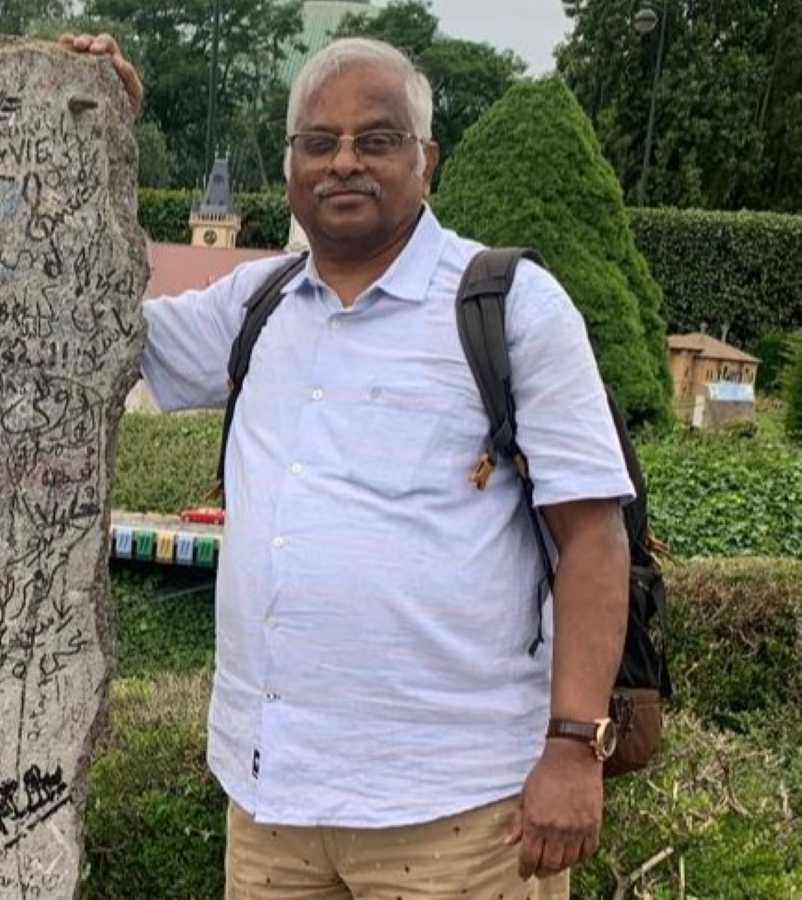
ramesh mohanrangam
5 mins read

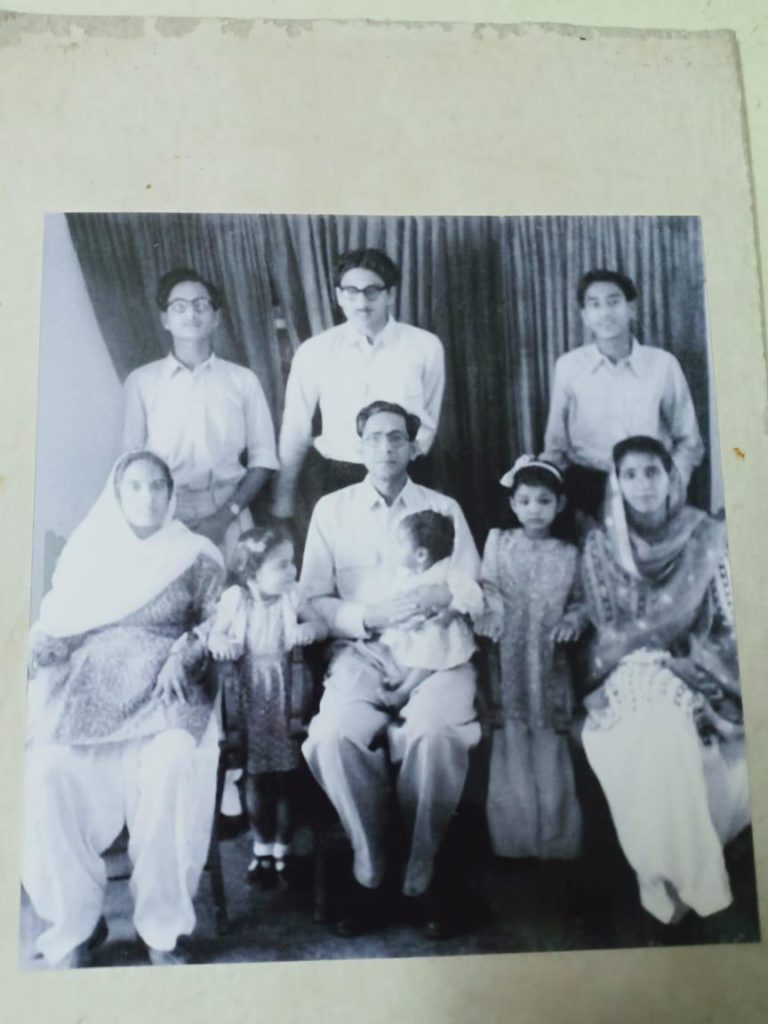
Post a comment